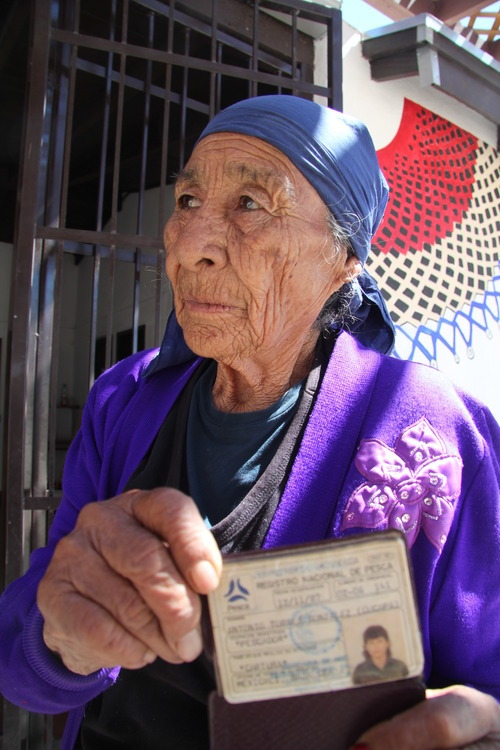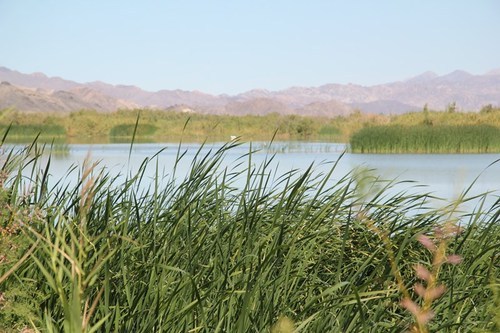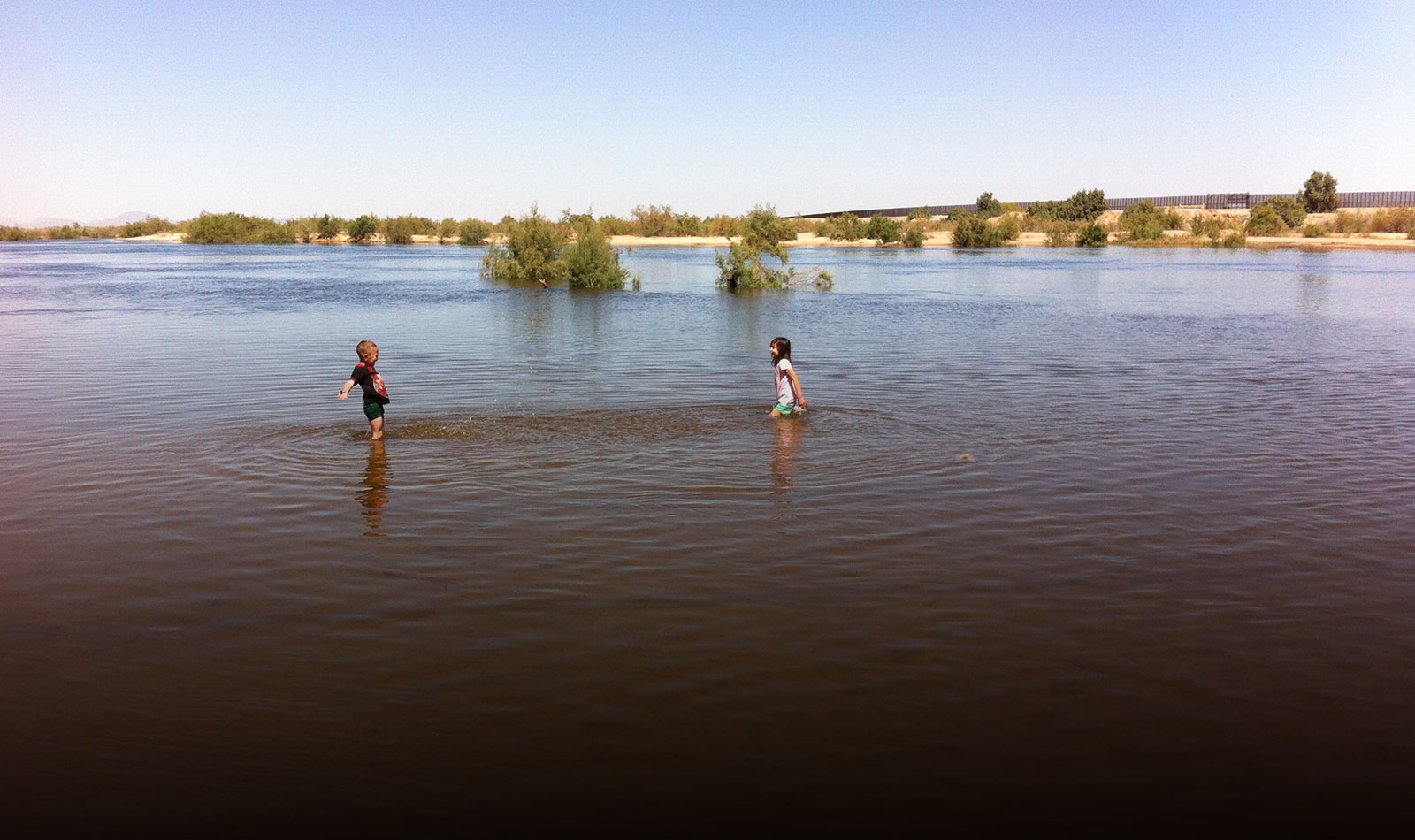This is the second blog in a 5-part series on the Colorado River pulse flow, written by Cesar Angulo, an environmental journalist in Mexico, and commissioned by Environmental Defense Fund. Read Part 1.
Think of a great river that is born in the Rocky Mountains and runs approximately 2500 miles before it encounters the Gulf of California, in Mexico. On its mighty circulating current, steamships spread goods in ports and riverine villages – or so it happened a century ago.
Think of a people whose life was and has been intimately linked to the Colorado River for centuries. The Cucapá are one such people. In 1540, the Spanish explorer Fernando Alarcón was the first to mention the tribe of the Colorado River. Their tribe name means “river people” in Yuman language, and their stories give us clues to what life along the Colorado River was like before the construction of large dams throughout the basin.
 [Doña Inocencia Gonzalez Sainz is an elder of the Cucapá tribe who used to fish in the delta region.]
[Doña Inocencia Gonzalez Sainz is an elder of the Cucapá tribe who used to fish in the delta region.]
The Cucapá mainly inhabit a community called El Mayor, located beside the Mexicali-San Felipe highway. Other Cucapá communities live in villages of the Mexicali Valley and in Yuma, Arizona.
The Cucapá culture is closely linked to the Colorado River and its delta. Their life since inception has depended on the river, taking advantage of the river banks to plant and prepare the rich and moist delta soil at the end of spring floods and midsummer.
Doña Inocencia Gonzalez Sainz, an older woman who has excelled in her craft work, and in preserving and teaching the language and culture to new generations of Cucapás, recalls the greatness that once was the Colorado River.
“We went fishing on pangas, when the river was carrying a lot of water – very strong running river water. Sometimes we camped beside the river when there was good fishing. We spent several days there and we brought back a lot of fish to El Mayor,” recalls Inocencia. She now spends her days tending the Community Museum, where she also creates and sells her crafts.
 [The Hardy River – a tributary of the Colorado River in Mexico]
[The Hardy River – a tributary of the Colorado River in Mexico]
Inocencia talks about how the Cucapás used to be able to live off of fishing in the Hardy River – a tributary of the Colorado – and the delta area because the fishing was plentiful. She also remembers the last time she went fishing was in the late eighties, when the delta was still connected to the river and the fish still abundant. But after that came a long dry period in the lower basin.
Inocencia is very happy to see that water is flowing in the Colorado River Delta once again, because without water, she says, the Cucapá are destined to become extinct.

